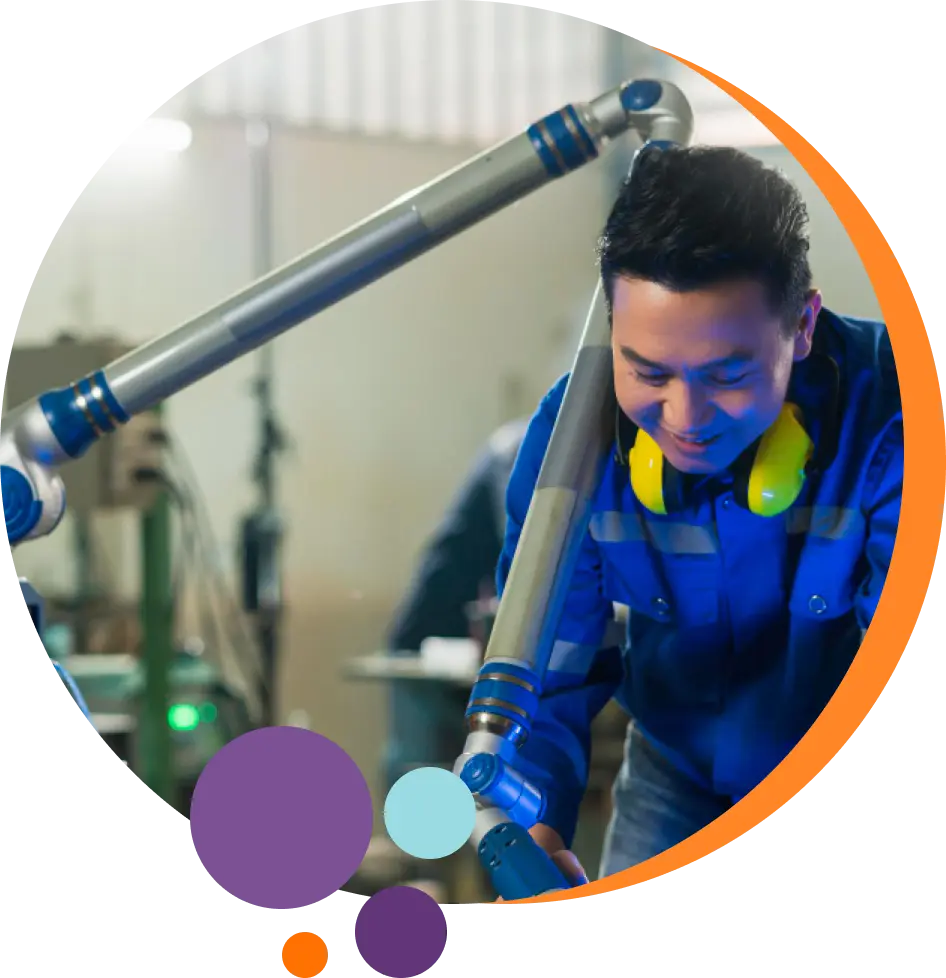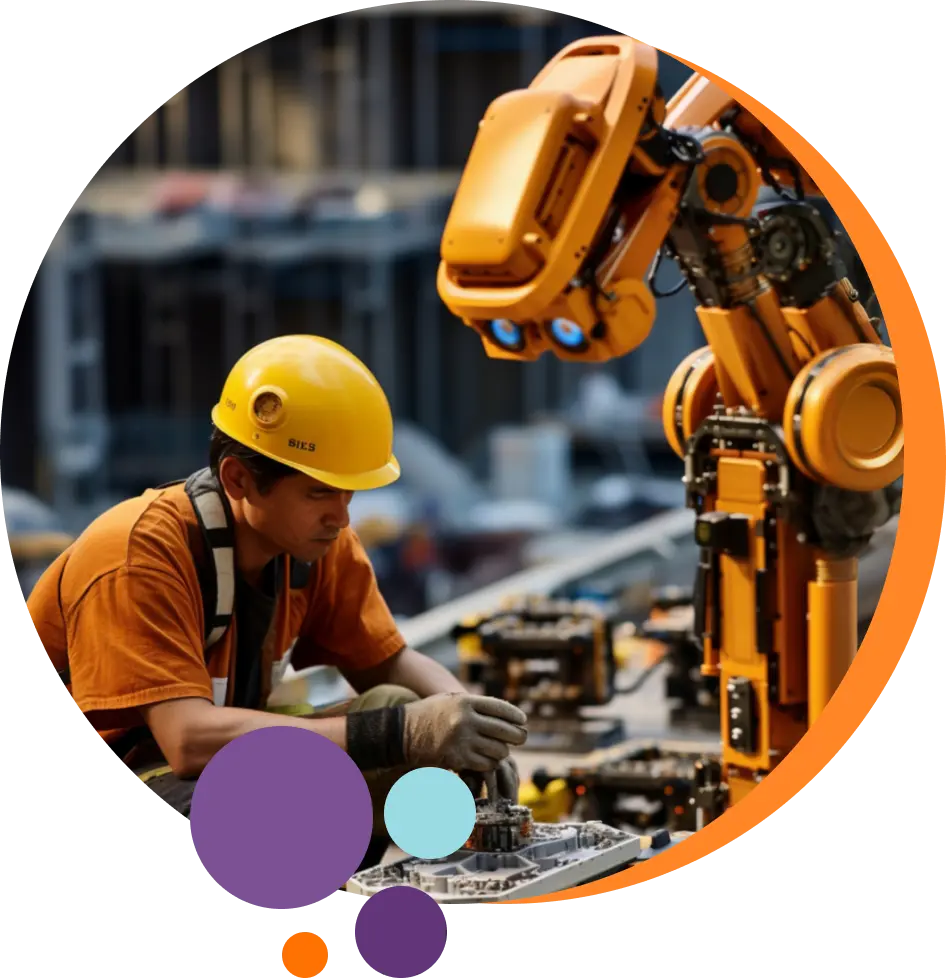What is a Maintenance Technician?
Before we dive into how to become a maintenance technician, let’s understand what the role is about – to better appreciate the field’s value and the training required.
As we become increasingly reliant on intricate machinery and complex systems in our lives, maintenance technicians become increasingly indispensable.
These skilled workers keep the gears of industry turning, the lights on, and our surroundings safe and comfortable.
Maintenance technicians wear many hats, from fixing faulty wiring in homes to troubleshooting complex mechanical issues in planes. Their roles span residential, commercial, and industrial settings.
Day-to-day tasks might include:
- Performing routine maintenance checks.
- Repairing or replacing faulty equipment.
- Responding to emergency repair requests.
- Maintaining building safety systems.
According to the US Bureau of Labor Statistics, the median annual wage for general maintenance and repair workers is $46,700. Meanwhile, industrial machinery mechanics, who are slightly more specialized technicians, make $61,420.
But what does it really take to join this cohort of maintenance technicians?
Understanding the necessary skills can help us piece together why online training can be so effective for those entering or advancing in the profession.
Essential Skills for Maintenance Technicians
While a well-stocked toolbox is still essential, the modern maintenance technician needs more than just wrenches and screwdrivers to excel at his job.
Maintenance technician work involves a combination of technical know-how, theoretical grounding, problem-solving abilities, and passion.
Let's break down the essential skills every aspiring maintenance technician should develop.
Technical Skills
Technical skills are the bread and butter of a maintenance technician's work. These hands-on, practical abilities allow them to diagnose, repair, and maintain various systems and equipment.
1. Mechanical Aptitude
A strong understanding of mechanical systems, including gears, bearings, pulleys, and motors. Mechanical aptitude extends to manual skill and knowledge of relevant tools.
You'll also need to be able to read blueprints, schematics, and diagrams to understand how equipment functions and identify potential issues.
2. Electrical Knowledge
Electrical systems are everywhere in modern buildings and machinery.
You need a solid grasp of electrical principles, wiring, and safety protocols to troubleshoot electrical problems and ensure safe operation.
3. Troubleshooting and Diagnostic Skills
The ability to quickly identify the root cause of a problem is a hallmark of a skilled maintenance technician.
It involves using diagnostic tools, analyzing data, and applying logical reasoning to pinpoint the issue and develop solutions.
4. Maintenance Best Practices
Best practices include:
- Preventive maintenance: Understanding the importance of scheduled inspections, lubrication, cleaning, and part replacement to avoid breakdowns.
- Record keeping: Meticulous documentation of maintenance activities, repairs, and equipment history for future reference and compliance.
- Safety procedures: Following established safety protocols to prevent accidents and injuries while working on equipment.
5. Specialized Skills
Relevant to their particular area of operation. For example, heating, ventilation, and air conditioning (HVAC) technicians need expertise in these individual systems. That can include specifics like understanding refrigeration cycles, airflow, and temperature control.
.webp)
Soft Skills
While technical skills are essential, soft skills are equally important for building a successful career as a maintenance technician.
These interpersonal and cognitive abilities help communicate effectively, collaborate with others, and adapt to changing circumstances.
1. Communication
Although working on a technical issue seems like a solitary task, you will need to interact with colleagues, supervisors, and customers. Many maintenance tasks also require collaboration with other technicians, engineers, or departments.
This makes clear and concise communication non-negotiable.
You'll have to explain technical issues in layman's terms, share knowledge effectively, provide updates on progress, and document your work accurately.
2. Problem-Solving
Maintenance work is inherently oriented towards problem-solving. You'll encounter unexpected challenges and need to think on your feet to find solutions. This calls for critical thinking, creativity, and resourcefulness.
3. Time Management
Maintenance technicians often juggle multiple tasks and deadlines.
It goes without saying that strong time management skills will help prioritize work, meet deadlines, and ensure maintenance activities are conducted on schedule.
4. Customer Service
In many settings, maintenance technicians interact directly with customers or end-users.
Providing excellent customer service with clear communication, empathy, and professionalism can enhance your reputation and lead to repeat business.
.webp)




















.webp)
.webp)

.webp)
